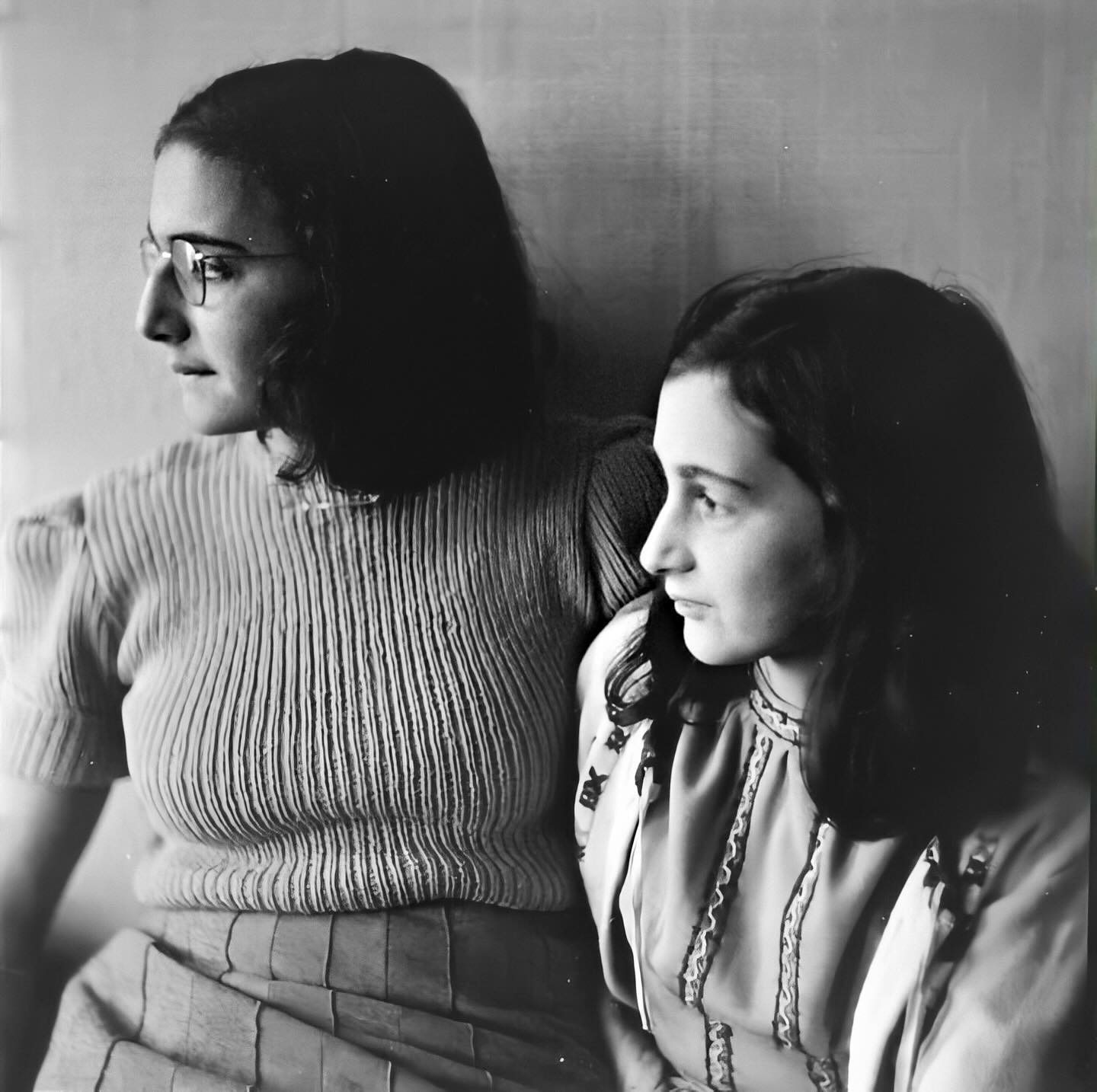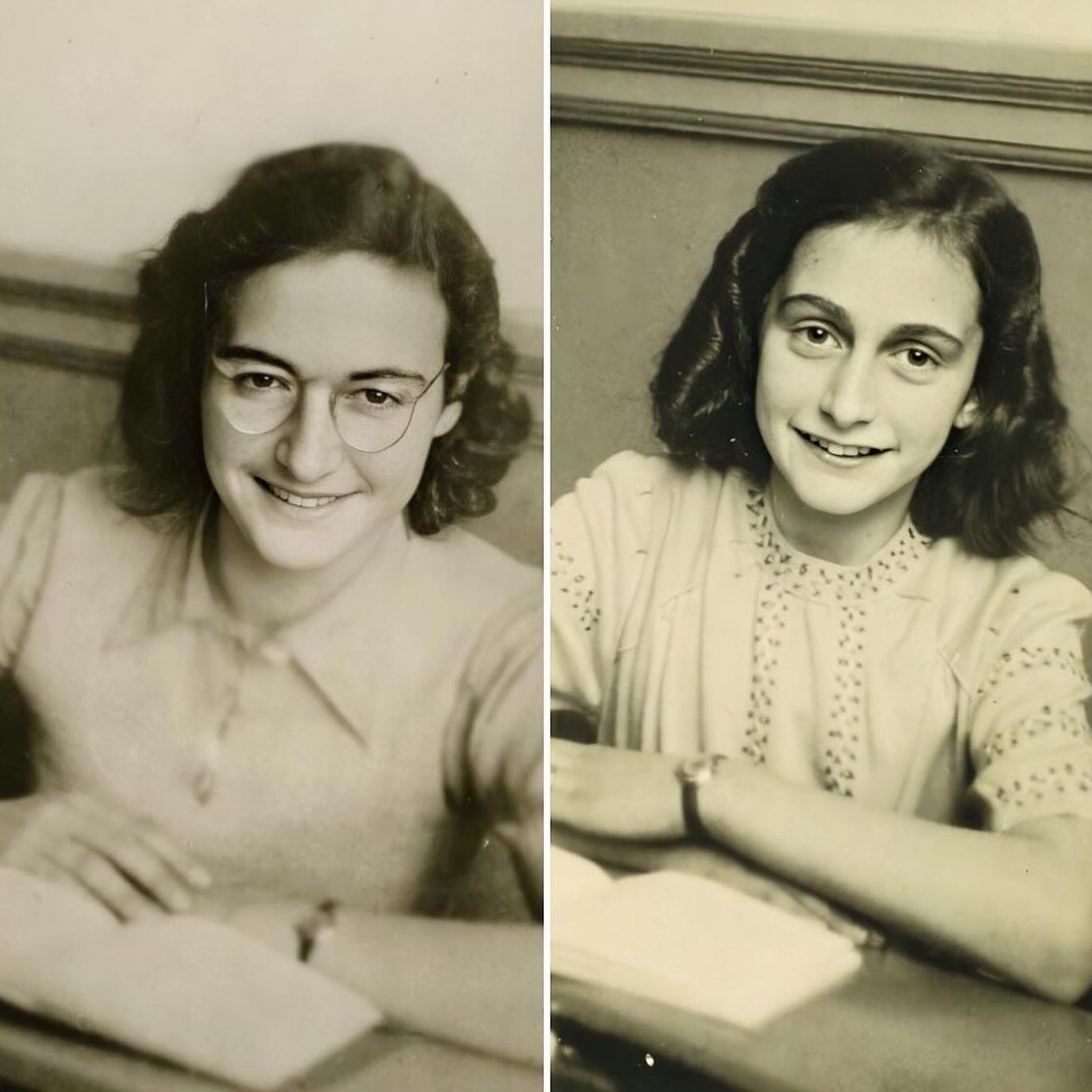The Door That Closed: Otto Frank’s Desperate Bid for Freedom
The story of Otto Frank after the Nazi occupation is one of a father’s desperate fight for his family’s survival. In April 1941, knowing that their only hope was emigration, he reached out to his old friend, Nathan Straus Jr., the son of the founder of Macy’s in New York. The urgency in his letter is palpable: “I’m forced to look out for emigration and as far as I can see USA is the only country we could go to.”

His entire focus was on his children. “Perhaps you remember that we have two girls. It is for the sake of the children mainly that we have to care for. Our own fate is of less importance,” he wrote.
Straus, a wealthy man with political contacts in President Roosevelt’s administration, immediately agreed to help. On June 11, 1941, he signed five affidavits, agreeing to sponsor the entire Frank family’s immigration to the United States.

The Rules Change 🚫
Only five days later, fate intervened with a cruel twist of bureaucracy. The US State Department implemented new, restrictive rules, mandating that all immigration applications had to be approved in Washington. Furthermore, Germany ordered all US consulates in Nazi-occupied territory to close, effectively halting the application process.
Undeterred, Otto began a new, desperate plan. On September 8, 1941, he wrote to Straus about securing a tourist visa to Cuba. The plan was for Otto to emigrate first, and then Straus and Edith’s brothers would arrange for the rest of the family—Edith, Margot, and Anne—to follow. By December, the money for Otto’s Cuban visa was prepared.

Trapped 💔
The door slammed shut for the final time on December 11, 1941. Following Japan’s attack on Pearl Harbor and Germany’s subsequent declaration of war against the United States, the Cuban government canceled Otto’s visa application.
The Frank family was trapped in the Netherlands. The meticulous planning, the financial sacrifice, and the desperate hope had all been rendered futile by the catastrophic expansion of the war. Otto Frank’s valiant attempts to save his family are a painful historical footnote, a story of how bureaucratic and political barriers sealed the fate of millions, including the girl who would become one of the most famous voices of the Holocaust.